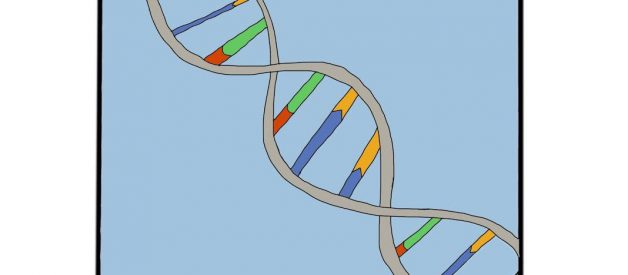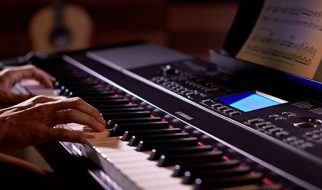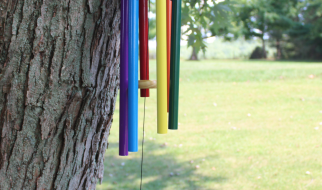In Chinese medical theory, there are three things that are essential to sustaining human life: Jing, Qi, and Shen. They are called the ?Three Treasures,? and each one contributes to the overall health and wellbeing of the body.
JING
The first treasure is called ?Jing,? which is translated as ?essence.? Essence is seen as the basis of growth, development, and reproduction. One subtype of essence, congenital essence, is inherited from your parents and is necessary for fetal and childhood development.
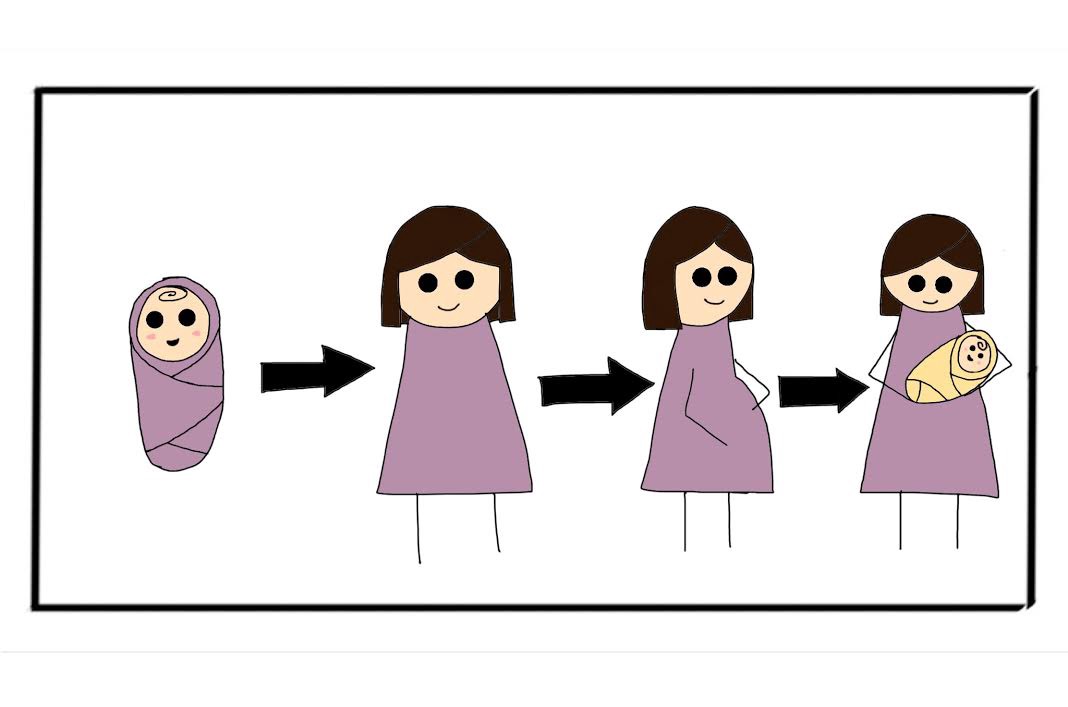
To me, the concept of Jing has strong parallels to genes. Although the ancient Chinese did not possess the technology to identify DNA, they recognized that an important substance was passed from parent to child, and that issues with this substance could cause serious issues with growth, reproduction, and development (we?ll talk more about this in a separate post).
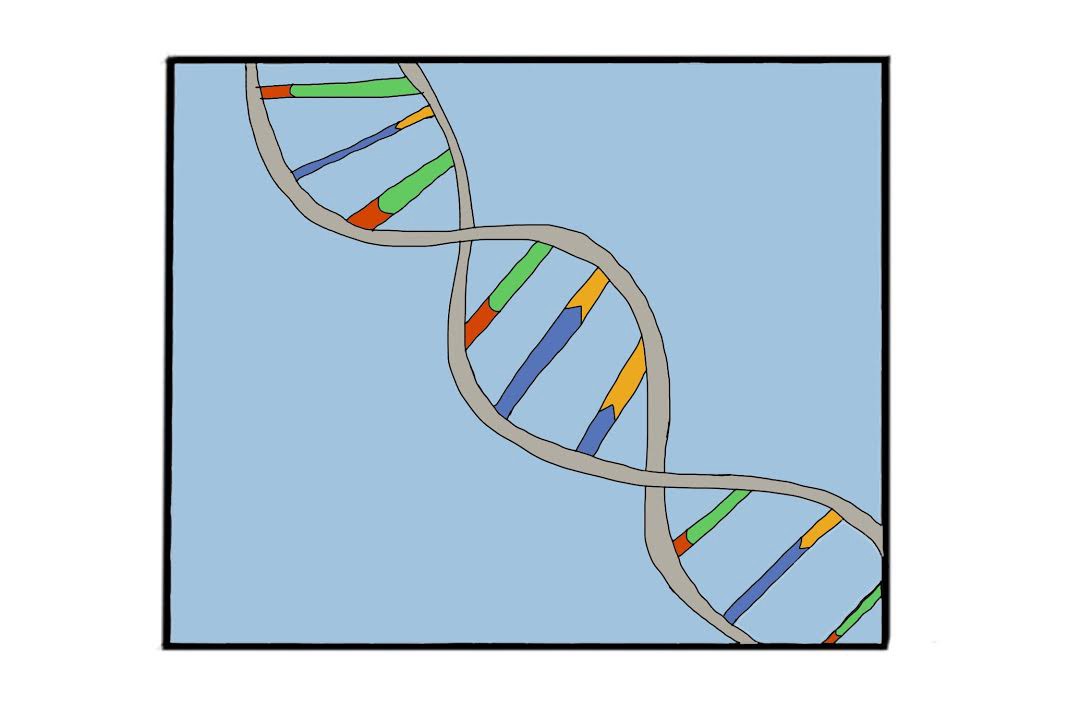
QI
The second treasure is called ?Qi.? This is a word that you?ve probably heard before, vaguely translated as ?energy? or ?life force? ? it?s a term usually thrown around by the stereotypical hippie character in a TV show or movie.
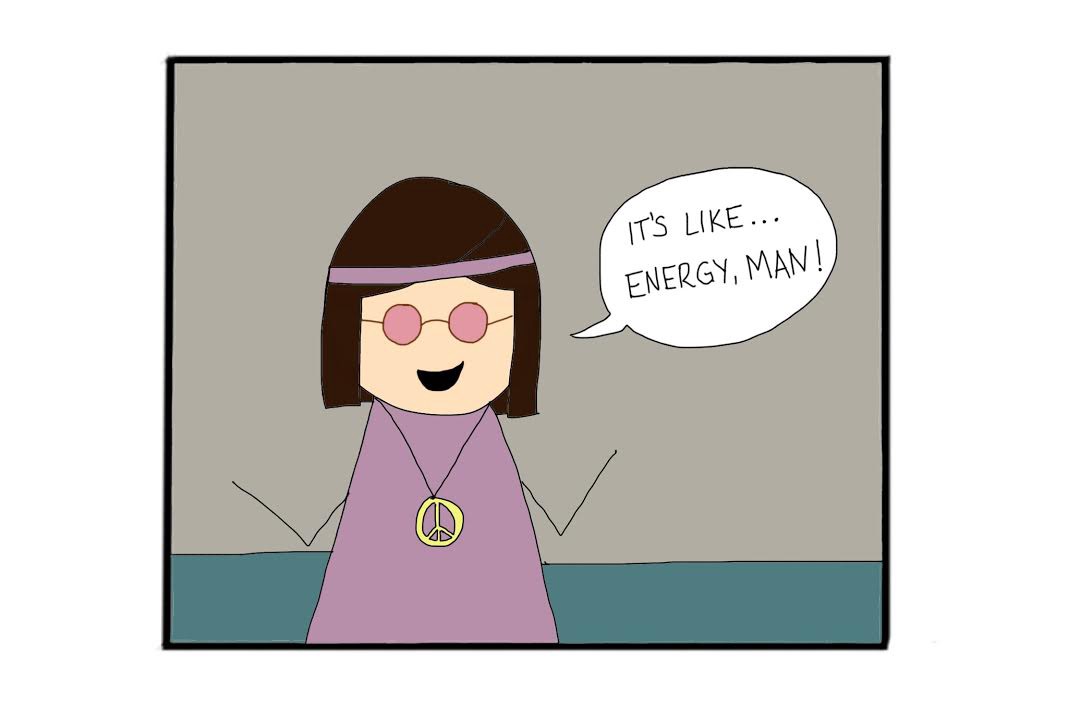
So, what exactly is qi? Biomedicine does not recognize qi as a substance of the body, and yet it is key to Chinese medicine. Qi is the vital energy of the body.
In the classics of Chinese medicine, it is said that ?human life depends upon qi? and that ?when qi gathers, the physical body is formed; when it disperses, the body dies.? In other words, qi is what makes the difference between a cow and a raw steak behind the glass at the butcher?s counter.
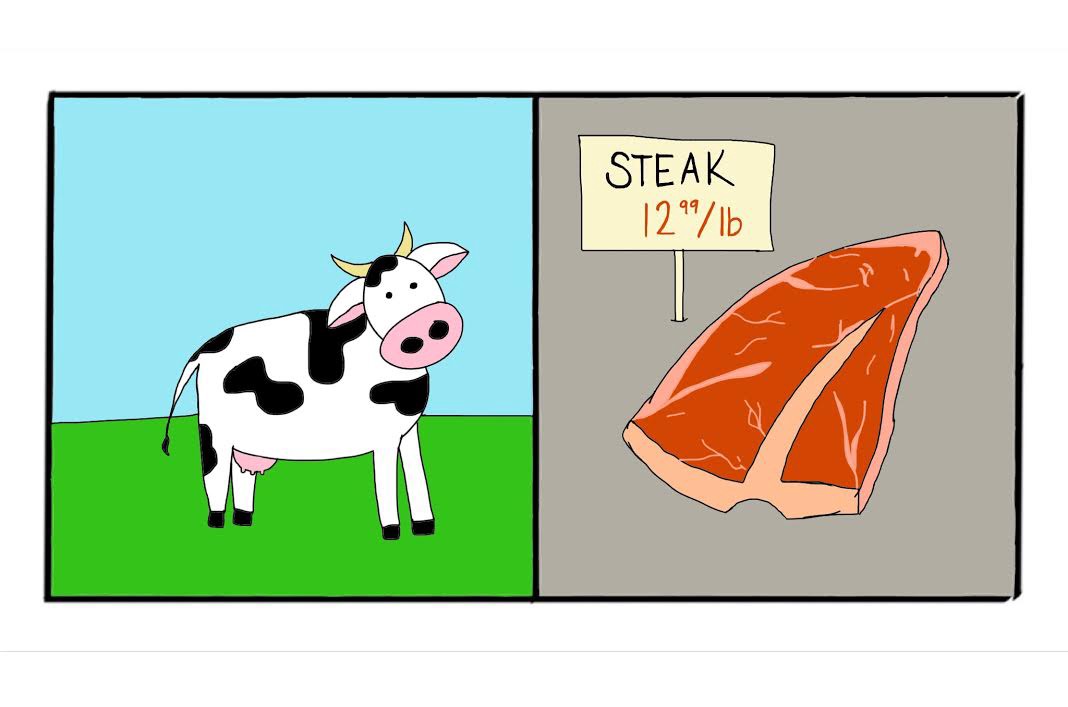
As with any other substance in the body, qi has specific functions. It is the source of all movement in the body, it warms the body to maintain a normal temperature, it defends the body against pathogens, it transforms food into useful substances in the body, and it helps to hold things in their proper places (for example, it keeps organs from prolapsing and contains blood in the vessels).
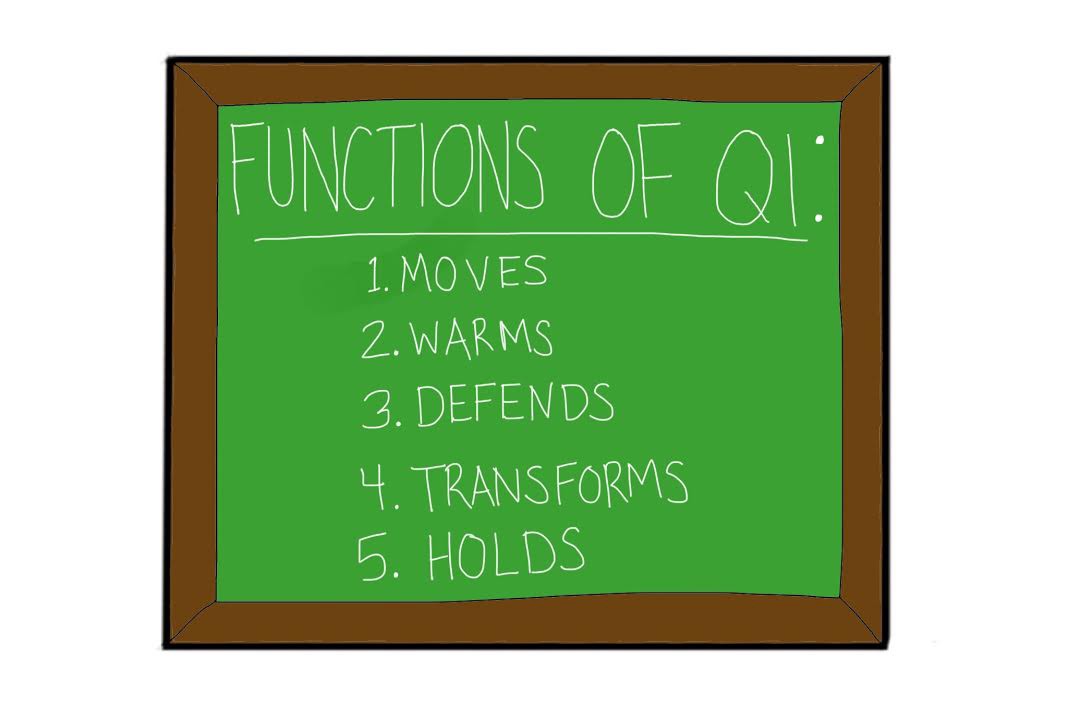
The category of ?Qi? in the Three Treasures also includes two other vital substances: blood and body fluids. Blood and body fluids are included in the category of qi because they cannot form without the transformative actions of qi. Blood is seen as a major yin substance in the body, and its main function is nourishing the body. Body fluids encompass all fluids in the human body from sweat to tears to lymphatic and synovial fluid.
SHEN
The final Treasure, ?Shen,? is translated as ?Spirit? or ?Mind.? The Shen is responsible for consciousness, cognition, emotional life and our ?presence?. The Shen is responsible for things like thinking, planning, and feeling. It is considered a yang entity that is rooted in a yin substance: the blood.
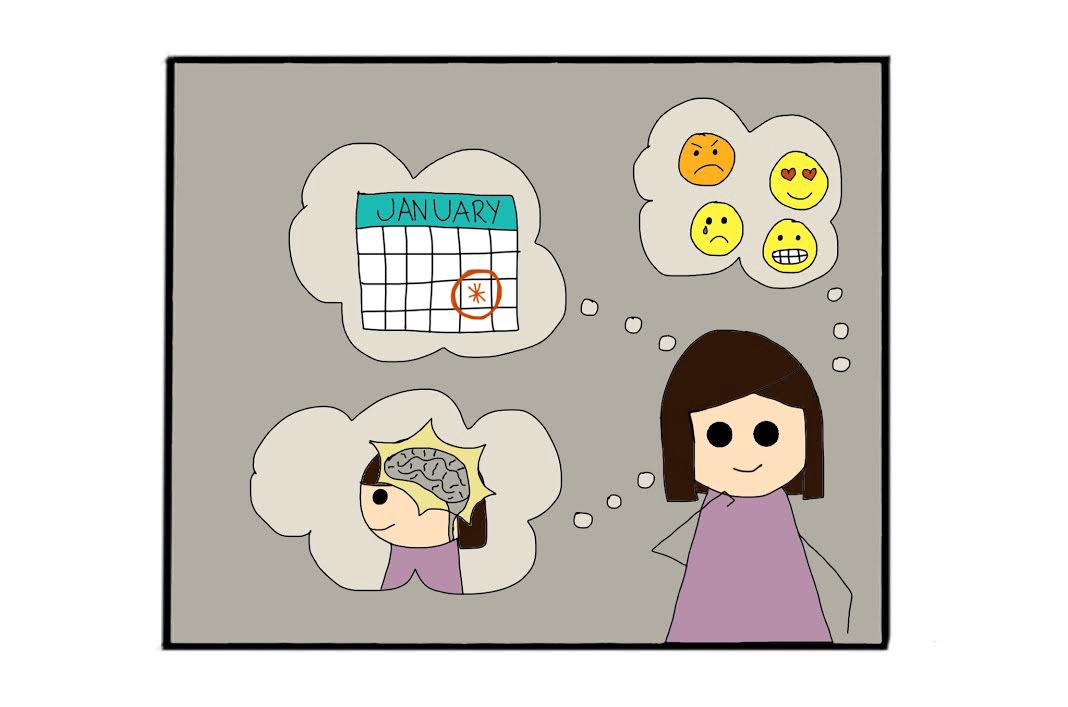
While in biomedicine, the body and the spirit are often considered to be separate entities, and may be cared for by separate professions (doctors for the body; psychologists, therapists, or religious leaders for the mind and spirit), Chinese medicine sees the Shen as an essential part of the human body.
Disorders of the spirit-mind can cause illness in the body, and vice versa. For Chinese medicine practitioners, it is important to address both the physical and mental/spiritual aspects of disease.
NOTE: This blog is meant for educational purposes only ? please don?t try to diagnose yourself using it! If you have a medical issue, please seek guidance and treatment from a licensed medical professional.
2017 Alli Urbanik Kimmel
